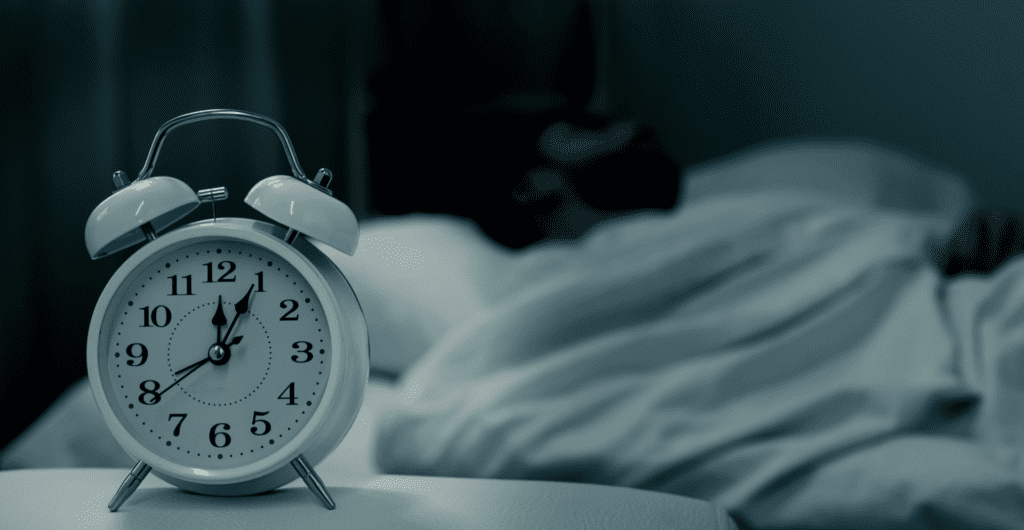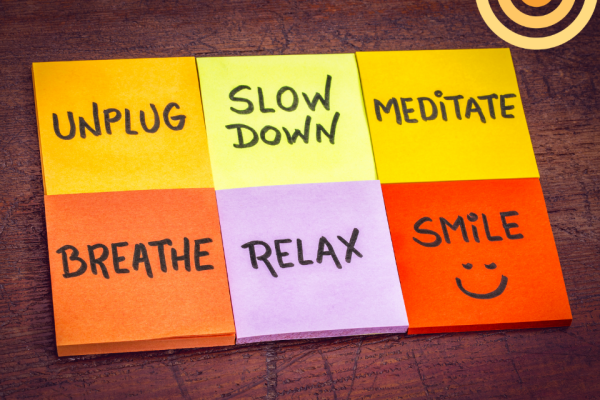As someone who has struggled with sleep my entire life, I’m constantly trying new things to improve the quality of my shuteye. I recently tried giving up all caffeine—nope…still waking at 2 or 3 or 4 …

I Need a Nap! The Link Between Sleep and Mental Health
As someone who has struggled with sleep my entire life, I’m constantly trying new things to improve the quality of my shuteye. I recently tried giving up all caffeine—nope…still waking at 2 or 3 or 4 a.m. and sometimes at all those times. Added an anti-anxiety med to my daily routine—nope…still waking up with the hamsters running in the mental wheel. I’ve tried teas, melatonin, exercise at various times of day, reading, baths, meditation, sleep music. One of these days I will find the magic mix of bedtime ritual and daily practice that leads me to the coveted night’s sleep.
In the meantime, I recognize we live in a world where hustle culture often glorifies sleepless nights and round-the-clock productivity, the significance of sleep on mental health is an often-overlooked facet of overall well-being. Sleep is not merely a period of rest and repose for the body; it’s a critical component that profoundly impacts mental health. Understanding this link is crucial for maintaining a healthy mind and body.
The intricate relationship between sleep and mental health is well-documented. Adequate, quality sleep is essential for cognitive functions, emotional regulation, and overall mental well-being. Sleep serves as a restorative process, playing a pivotal role in brain function, consolidation of memories, and emotional processing. Insufficient or poor-quality sleep disrupts these mechanisms, consequently affecting mental health.
One of the primary mental health concerns associated with inadequate sleep is the risk of developing mood disorders such as depression and anxiety. Sleep deprivation can significantly impact mood regulation, leading to increased irritability, mood swings, and heightened emotional reactivity. Chronic sleep problems are often linked to an increased risk of developing mental health issues, with studies showcasing a bidirectional relationship between sleep disturbances and conditions like depression.
Furthermore, the relationship between sleep and stress is intricately intertwined. Sleep deprivation amplifies the body’s stress response, leading to elevated cortisol levels, which, when consistently high, can contribute to anxiety and other mental health issues. The ability to cope with daily stressors is also significantly diminished when sleep is compromised.
Notably, the impact of sleep on mental health extends beyond mood disorders. Sleep plays a crucial role in cognitive functions. It’s during sleep that the brain consolidates information and forms memories. Inadequate sleep disrupts this process, affecting learning, decision-making, and overall cognitive performance. Individuals might experience difficulties in concentration, problem-solving, and creativity when sleep is compromised, impacting their mental health in a broader sense.
Addressing the significance of sleep in managing mental health concerns involves recognizing the importance of sleep hygiene and adopting practices that promote quality sleep. Establishing a regular sleep schedule, creating a comfortable sleep environment, and practicing relaxation techniques before bedtime are among the fundamental steps to improve sleep quality.
Additionally, behavioral changes, such as limiting screen time before bed, avoiding stimulants like caffeine in the evening, and engaging in regular physical activity, can significantly enhance sleep quality. For individuals grappling with persistent sleep issues impacting their mental health, seeking professional help is crucial. Sleep disorders, such as insomnia or sleep apnea, may require medical intervention or therapeutic approaches to manage effectively.
The impact of sleep on mental health cannot be overstated. Quality sleep is not just a luxury; it’s a fundamental pillar of mental well-being. By recognizing and respecting the vital link between sleep and mental health, individuals can take proactive steps towards better sleep hygiene, and positively influencing their overall mental and emotional wellness. It’s time to embrace the transformative power of a good night’s sleep for a healthier mind and a brighter kind of better!







